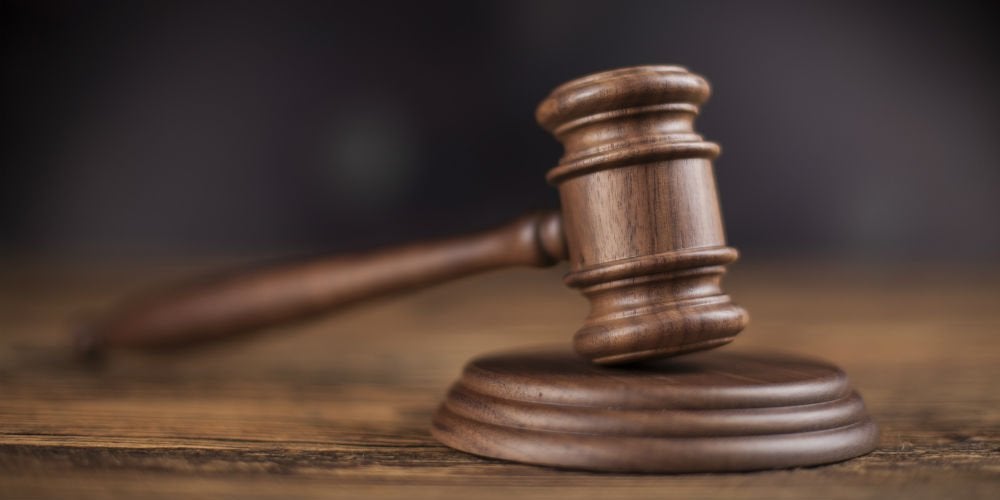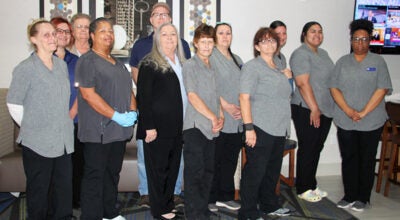Owe bad checks? Pay online
Published 12:00 am Wednesday, June 25, 2014
Officials with the Covington County District Attorney Office’s Worthless Check Unit are actively seeking individuals with outstanding warrants for writing bad checks. They are also working to give others the opportunity to stay off their list through a new, online payment option.
David Floyd, of the Worthless Check Unit, said the new payment option has been operational since June 1.
“We just started that this month,” Floyd said. “It’s a wonderful opportunity. What I’m finding is that we have people from out of town that come in town and write checks. We send them a letter and give them 10 days, and often times they don’t want to drive back to town, or they’re afraid if they send a money order it will get lost in the mail.” 
Floyd said anyone who has received a letter from his office and is still within the 10-day window, may make a payment by visiting covicodapay.com or by calling the toll free number, 1-877-748-6252.
“The website is very self explanatory, but they have to put in information like address, driver’s license number and the state that issued it. They will need the case number that is associated with the file, and they can find that on the letter I generate and send them with the amount owed at the time.”
Floyd said both the site and the phone line accept Visa, American Express, Master Card and Discover credit cards and a receipt is generated and emailed to an email address designated by the person paying the fee. Floyd added there is a processing fee, charged by nCourt payment service, of 7 percent.
“For example,” Floyd said. “someone who paid a total fee of $395 also paid a $28 service fee. But if you think about the gas and the time of work for some people, it makes sense.”
Floyd also said the payments are quick and secure.
“I process transactions right here in my office,” he said, adding the new payment options are only available for those who have not yet had a warrant issued or an arrest made.
“If somebody calls in and there is already a warrant, they can’t make a payment,” he said. “If they’ve already been arrested and it’s a restitution payment, they can’t do it either. That has to go through the circuit clerk.”
“We wanted to offer an opportunity to make this easier,” he said.




